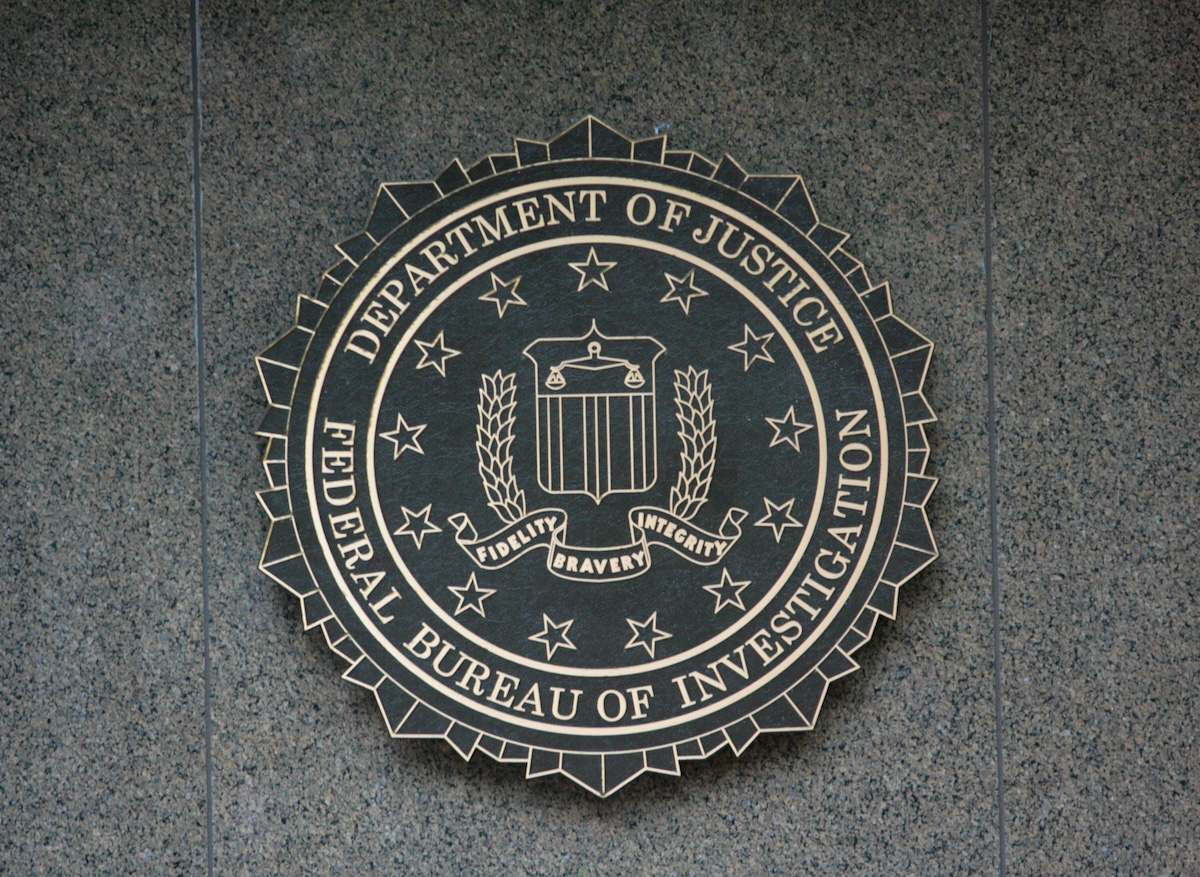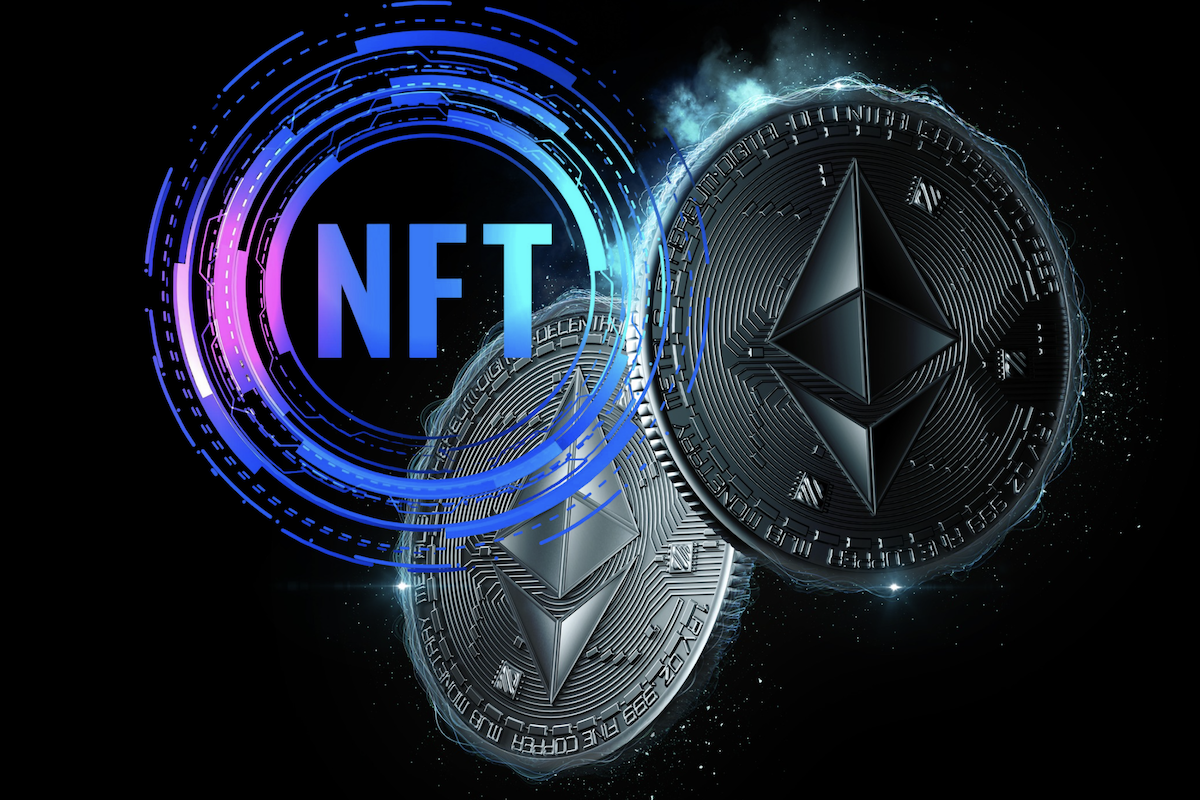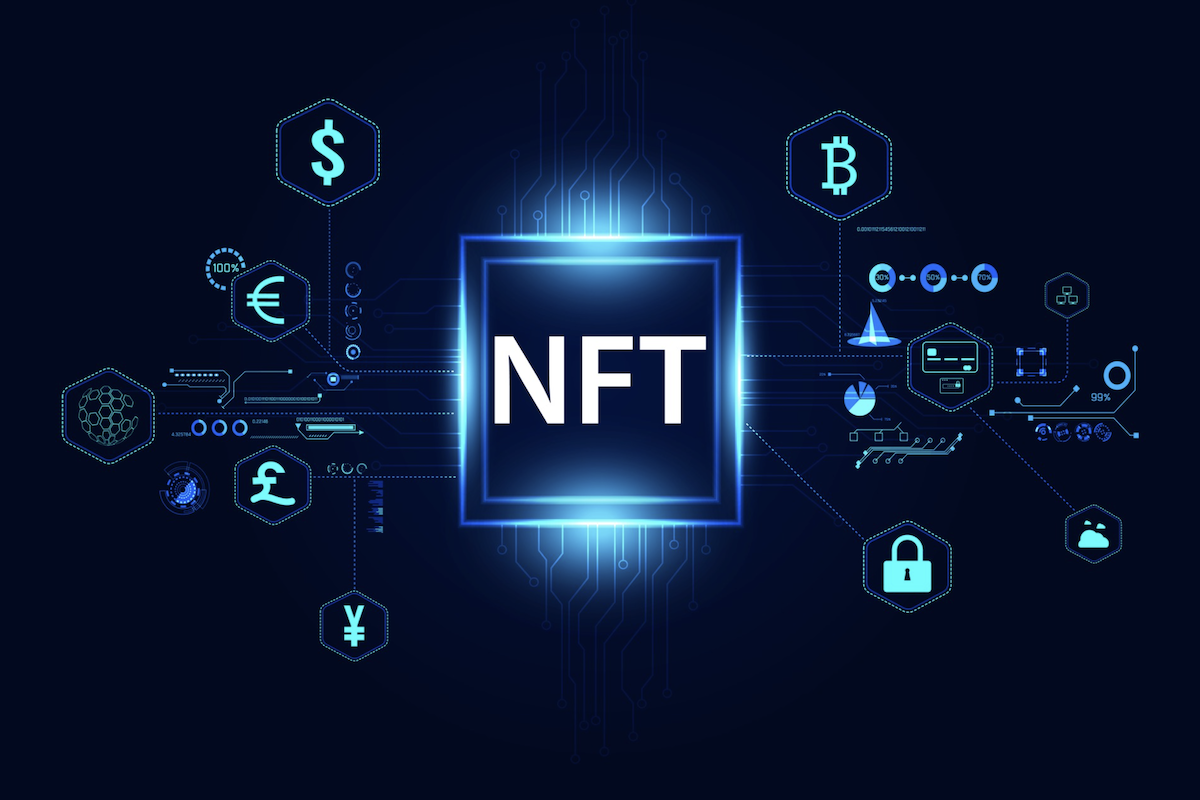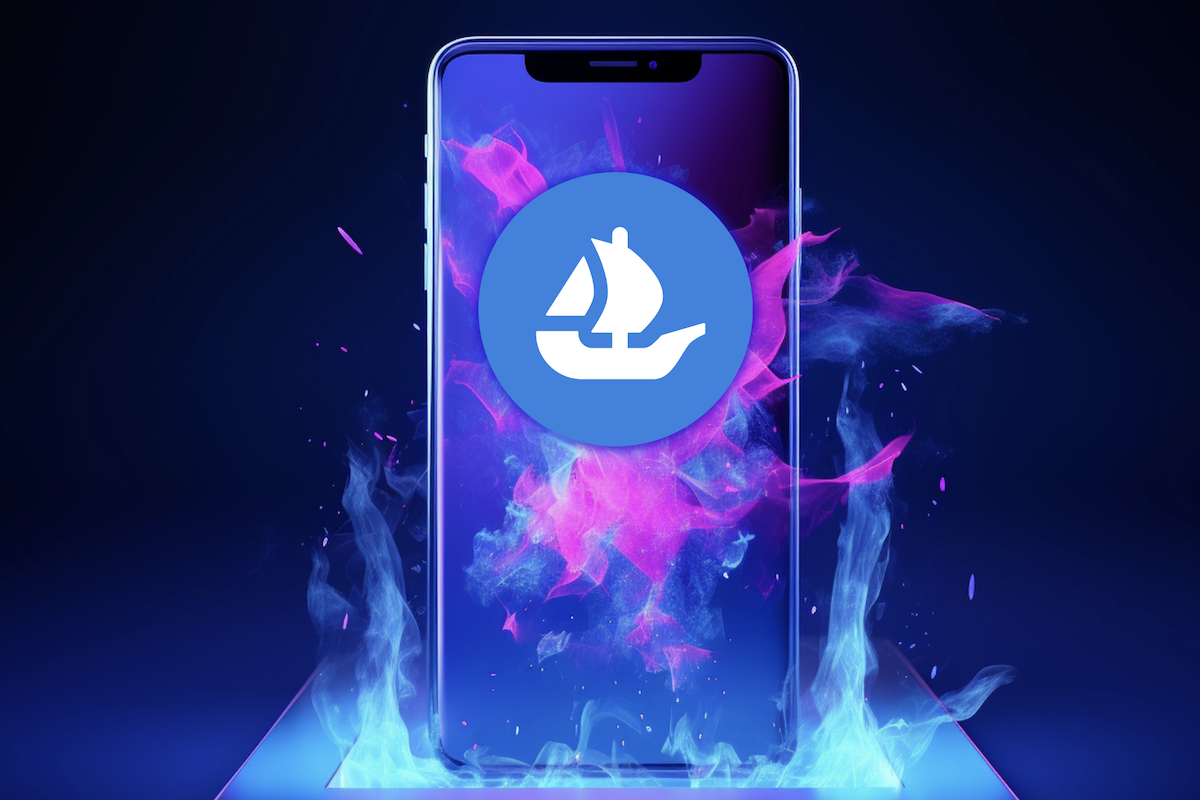How NFT Marketing Augments Modern Approaches
NFT marketing complements modern marketing methods by providing niche targeting based on first-party approaches.

Thanks to the value propositions brought by NFT membership and ownership, companies can develop strong customer ties that endure over a long time. This, in return, increases the lifetime value of their customers.
In addition to leveraging such benefits, successful NFT marketing campaigns capitalize on driving forces that shape today’s modern marketing. These are forces like growing concerns about data privacy and the desire for a more inclusive society.
The target marketing landscape is changing
Target marketing allows businesses to offer highly tailored ads and content for their prospects, which has been a proven way to increase conversion rates. The reliance on third-party cookies in digital advertising in the United States was 51% among senior managers in 2021, according to Statista.
However, marketing tools that force third-party cookies to target and retarget customers will soon be obsolete. People are more cautious than ever about sharing their data, and strict privacy laws are entering the scene. The tech giant Google transitions into a new era in which it will phase out support for third-party tracking cookies, for example.
Apple has been blocking Safari’s third-party cookies since March 2020, and Firefox confines cookies worldwide to the website where they were created since June 2022. The desire for consumer privacy is here to stay, and more and more companies will adopt first-party approaches to collect customer data.
 Tiffany's sold out custom Cryptopunk 'NFTiff' pendants for $50,000 each
Tiffany's sold out custom Cryptopunk 'NFTiff' pendants for $50,000 eachNFT marketing has a safe future in a cookie-less world
NFT marketing allows niche, targeted following based on first-party approaches. It’s up to the NFT owner whether or not to associate the wallet that holds the NFT with their usernames or profiles. We should also mention that NFTs stand to benefit from any advancement in decentralized identity, including the ability to integrate with new forms of censorship-resistant social media.
A company can, for example, target an audience with a common interest and build a Web3 community around shared passions via NFT campaigns, all with the consent of its audience. Well-known fashion brands, including Dolce Gabbana, Gucci, and Tiffany & Co, are pioneering this path.
Customers want brands to take a stance on issues they care about
Instagram’s 2023 trend report reflects the importance of taking action on diversity. Three of every four Gen Z social media users want to follow an influencer with a disability. The report indicates that more members of Gen Z will shop to support causes they care about in 2023.
As with anywhere else, inclusivity is a big concern in the metaverse and NFT realm. As an example, in 2021, women made up only around 16% of the NFT art market. NFTs can help brands show their commitment to social and environmental responsibility. To that end, they can align the campaigns with the brand’s core values.
 Clinique x DAZ3D launched their first makeup NFT Campaign
Clinique x DAZ3D launched their first makeup NFT CampaignThe beauty brand Clinique teamed up with DAZ3D to launch a makeup NFT campaign. DAZ3D is an NFT strategy and marketing company known for creating inclusive non-fungible people (NFP) collections. The NFT campaign featured the creations of a diverse group of makeup artists, including Tess Daly, Sheika Daley, and Emira D’Spai. With this move, Clinique aimed to demonstrate its long-term commitment to a more inclusive digital beauty that focuses on accessibility.
Brands leverage NFT campaigns to support other good causes, as well. Norwegian Cruise Line partnered with the artist Peeta and donated all proceeds from this genesis NFT collection to Teach For America - a nonprofit organization.
NFT marketing works well with other marketing trends
NFTs can represent any digital, physical, or phygital asset. This flexibility allows companies to fuse NFTs with other time-tested marketing methods, such as word-of-mouth and loyalty programs.
Consider, for example, user-generated content (UGC), which is a form of word-of-mouth marketing. A Stackla survey unveiled that 79% of the respondents think UGC impacts their buying decisions. But only 13 percent find brand content as impactful. Balmain leveraged the power of UGC during Paris fashion week. The luxury fashion house allowed visitors to mint and share a photo of a festival moment as their own NFTs.
NFTs are also on course to transform conventional loyalty programs. Starbucks’ Odyssey is an example. The reward program lets coffee lovers join virtual experiences and collect journey stamps as NFTs with exclusive membership perks.





